Learning
Citizenship tests usually require applicants to answer a series of factual questions on aspects of a country’s history and geography, and sometimes, as in the case of the UK, show an understanding of attitudes or values seen as national characteristics. The exercise suggests that your entitlement to enter or stay permanently in a place depends on the acquisition of a certain type of knowledge. The answers to the questions will either be right or wrong leaving no space for any kind of negotiation. What we mean by learning in this section of the collection is different.
Our understanding is that human mobility creates opportunities for learning which go far beyond the factual. Mobility opens up spaces for migrants to acquire new skills or apply familiar skills in different contexts. It also allows them to teach as they pass on what they know to the people they come into contact with. Learning is never a one-way process.
This section of the media collection is about the different ways in which mobility, migration and learning come together. Language is an important medium for learning and communication, but it isn’t the only one. People use other cultural resources to find ways of creatively and imaginatively transforming what they know already and what they find. Learning is a continuous conversation and our emphasis is on the processes and spaces of learning and on their many, varied outcomes. We are interested in the ways we learn as much as the knowledge we acquire. Mobility shows the dynamic nature of cultural communication and exchange; it also shows how things familiar to us can be transformed through contact with other people and other cultures.
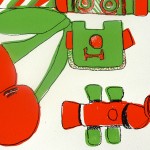 Pop Paolozzi |
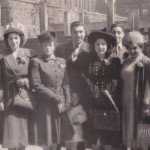 A Bench On The Road Theatre |
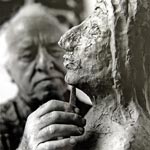 Antonio Pacitti Art |
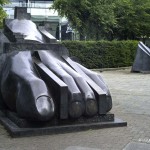 The Manuscript of Monte Cassino by Eduardo Paolozzi Art |
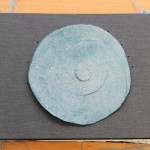 Making Books |
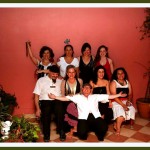 Timeless |













